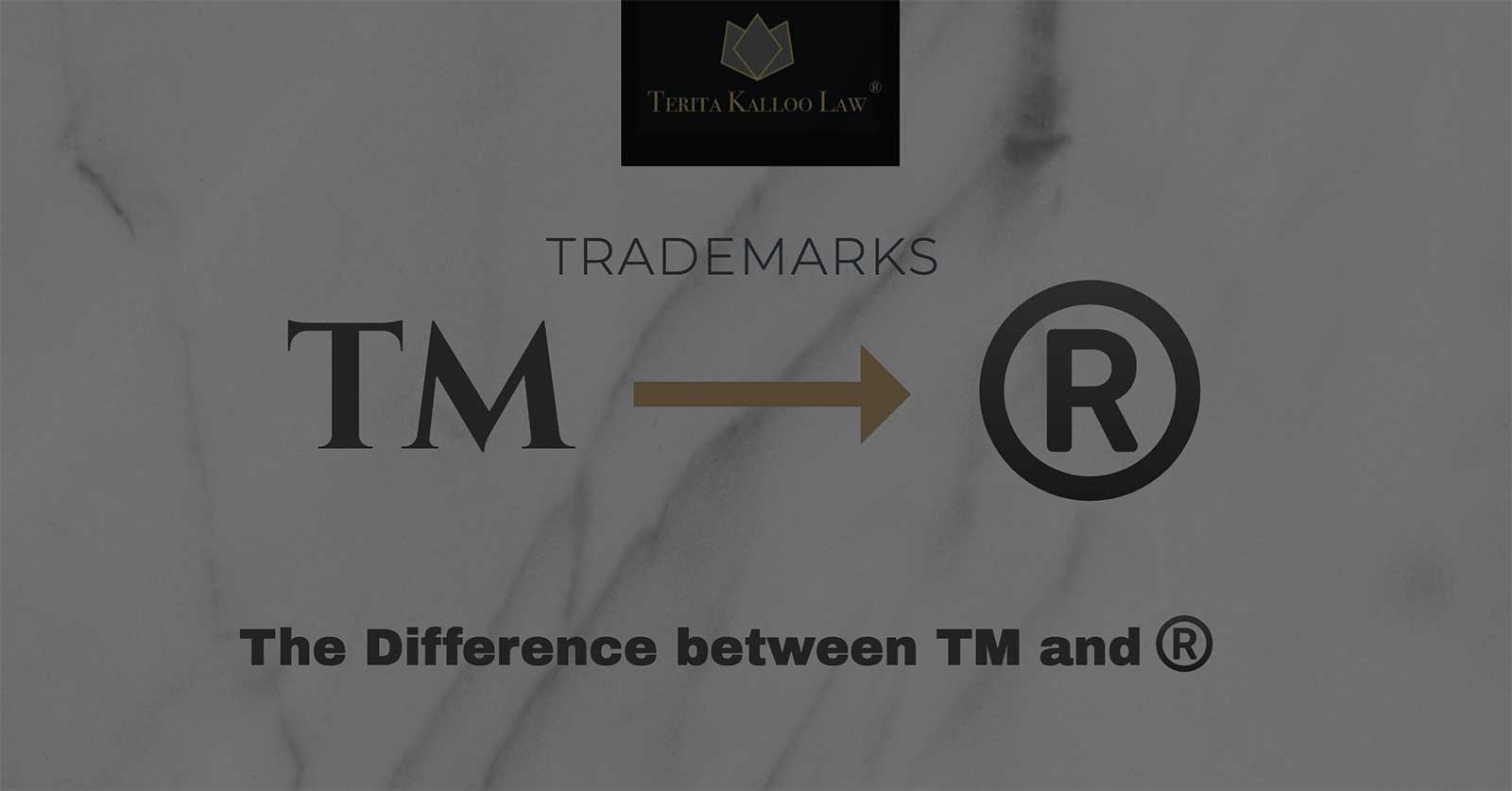16 Mar The Difference between TM and ®

Many companies and businesses utilize the symbols TM and ® to put other traders on notice of their claim or intended claim to a specific sign, symbol or phrase. However, what is the real difference between these two symbols and why is it importa
What is a trademark
A trademark is any sign or symbol that identifies the source of the good or service. This can be in the form of a name, logo, slogan or any other sign or symbol that distinctly identifies your goods and services.
TM Symbol
The TM symbol is commonly used by other traders for unregistered trademarks or trademarks which are pending registration. This notifies other traders that the company is claiming exclusive rights to the sign or symbol. This can act as a deterrent to infringers and also help marks become distinctive over time (and thus qualify for trademark protection) based on use of the mark. Companies and businesses should however ensure the sign or symbol is not infringing on another trader rights before using the TM symbol.
® symbol
The ® symbol represents registered trademarks. Only where trademark protection is granted, this symbol can be used as it is an offence to represent a mark as registered when it has not in fact been granted trademark protection. A registered trademark grants the owner exclusive rights to the mark and grants protection from infringers. The use of the ® symbol is important as it immediately lets other traders know that you have been granted exclusive rights to use the sign or symbol. This helps to deter infringers as well as build a stronger defence where there has been infringement.
Whether you have a registered trademark or not, it can be very helpful for your brand’s development and protection that you use the TM and ® symbols in the proper manner.
How to use the TM and ® symbols
The symbols are usually placed on the top right or bottom right of the sign or symbol being claimed as a trademark.
The contents of this discussion are intended to convey general information only and not to provide legal advice or opinions. Please consult an Intellectual Property Attorney if you require legal advice.



No Comments